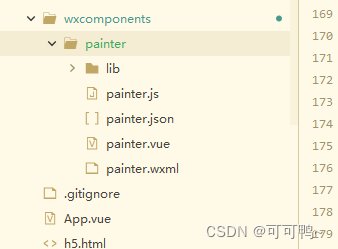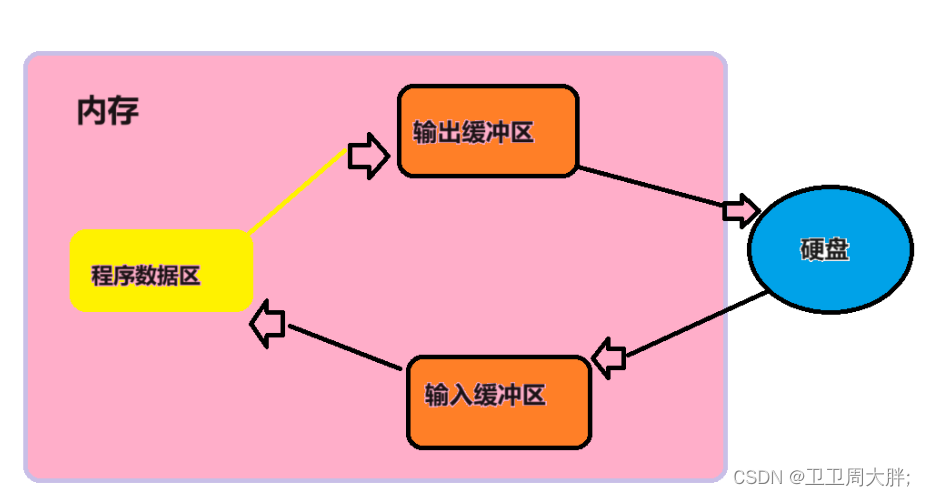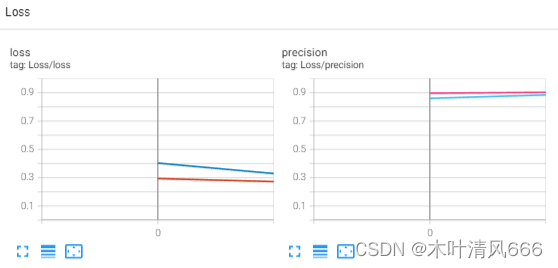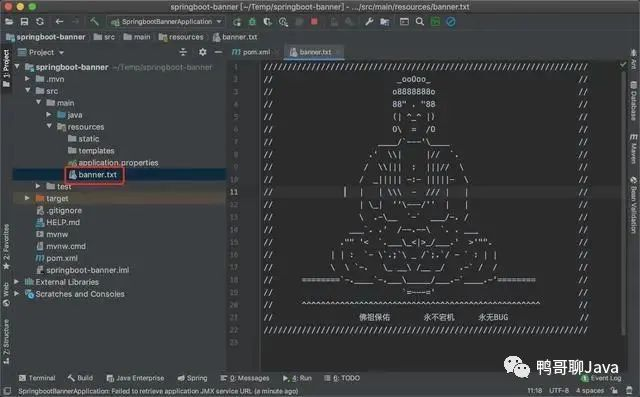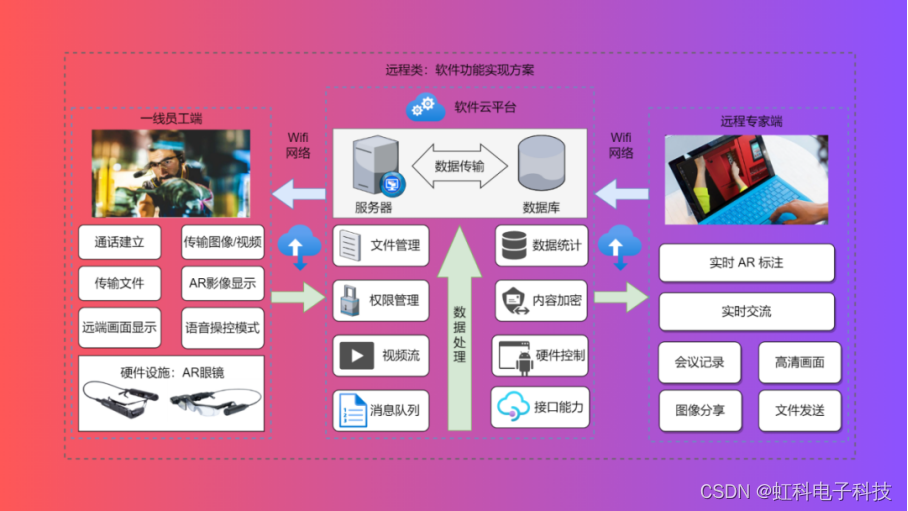
作者:王旭东
Databend 研发工程师
xudong963 (xudong.w) · GitHub
IEJoin 算法可以高效的处理时序场景中的 Range(ASOF) Join。
Join conditions
Equi condition
在 下面 SQL 中
SELECT *
FROM employee JOIN department
ON employee.DepartmentID = department.DepartmentID AND
employee.ID = department.ID;employee.DepartmentID = department.DepartmentID OR employee.ID = department.ID 都是 equi-condition,它们用 AND 连接,这条 SQL 被称为 equi-join。
Non-equi condition
condition 可以是任意的 bool 表达式,不局限于 = 和 AND。这类 condition 被称为 non-equi condition, 进一步可以细分为 Range condition 和 Other condition。
-
Range condition
- 范围比较,如
employee.DepartmentID > department.DepartmentID就是 range condition, 这类 condition 在时序场景中非常常见。
- 范围比较,如
-
Other condition
- 除了 Range condition 的其他各种奇奇怪怪的 contition, 可以被归为 Other condition, 如
OR连接的 condition,employee.DepartmentID = department.DepartmentID OR employee.ID = department.ID。
- 除了 Range condition 的其他各种奇奇怪怪的 contition, 可以被归为 Other condition, 如
Join condition → Join algorithm
在 Databend 中,我们根据 join condition 的类别选择不同的 join 算法,使 join 能够最高效。

如果包含 equi condition,选择 hash join (即使还包含其他类型的 condition ),hash join 可以高效的利用 equi condition 过滤到一定数量的数据,剩下的数据再利用其他 condition 过滤。
如果至少两个 IE condition,选择 IEJoin,一般数据库会使用 Nested Loop Joins,非常的低效。
如果只有一个 IE condition,选择 merge join。
什么是 IEJoin,它有什么黑魔法?
IEJoin
将 join keys 涉及到的 columns 放到 sorted arrays 中,利用 permutation array 来记录一个 sorted array 中 tuples 相对于另一个 sorted array 的位置,通过 bit array 来高效的计算符合两个 IE conditions 的 tuples 的交集。
IEJoin 在整体 pipeline 架构上的设计
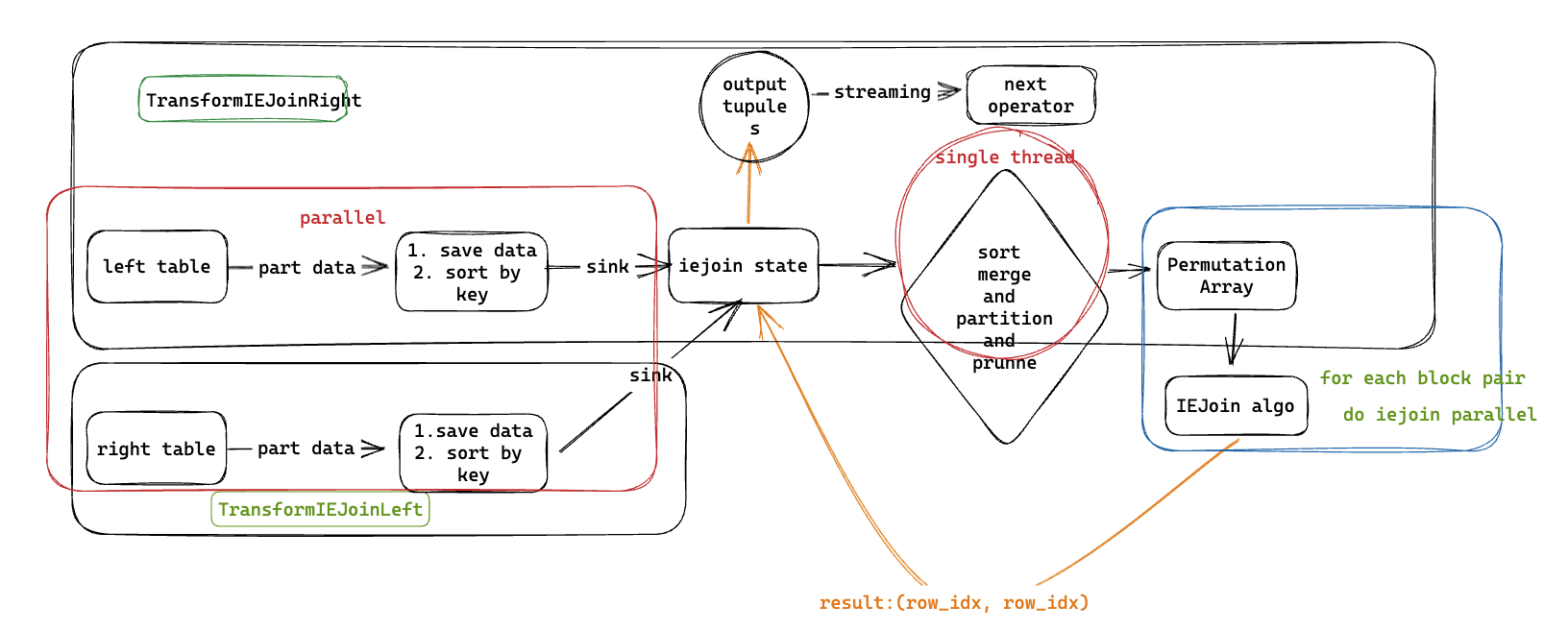
IEJoin 算法
mysql> select * from east;
+------+------+------+-------+
| id | dur | rev | cores |
+------+------+------+-------+
| 101 | 100 | 12 | 8 |
| 102 | 90 | 5 | 4 |
| 100 | 140 | 12 | 2 |
+------+------+------+-------+
mysql> select * from west;
+------+------+------+-------+
| t_id | time | cost | cores |
+------+------+------+-------+
| 404 | 100 | 6 | 4 |
| 498 | 140 | 11 | 2 |
| 676 | 80 | 10 | 1 |
| 742 | 90 | 5 | 4 |
+------+------+------+-------+SELECT east.id, west.id
FROM east, west
WHERE east.dur < west.time AND east.rev > west.cost这条 SQL 在大多数数据库中都会被按照 Cross join 处理(如果数据规模很大,甚至会直接 OOM ),但是如果用 IEjoin 算法来处理,速度会得到数量级的提升 🚀
为了便于理解,首先看一条 SelfJoin 的例子
SELECT s1.t_id, s2.t_id
FROM west s1, west s2
WHERE s1.time > s2.time AND s1.cost < s2.cost对 time 列递增排序,得到 L1

对 cost 列递增排序,得到 L2

通过 L1 和 L2 可以得到 permutation array(P),P 记录了 L2 中 tuple id 在 L1 中位置

如:T4 在 L2 中的位置是1,对应到 L1 是2,所以 P 的第一个元素是 2。
初始化 bit-array,bit-array 是基于 L1 的,初始时全部为 0。

对于 L2,后 visit 的 cost 大于先 visit 的 cost,即满足 s1.cost < s2.cost,如先访问 T4,则 bit-array 的第二个元素被设置为 1,再访问 T3 的时候,对应 bit-array 中第一个元素,它后面的第二个元素已经被设置为 1,说明 T4.cost < T3.cost,则 {T4, T3} 符合条件 s1.cost < s2.cost
对于 L1,由于 bit-array 是基于 L1 的,所以如果 bit-array 中某个位置之后的位置被设置为 1,则表明后面设为 1 的位置的 tuple id 满足 s1.time > s2.time, 如 T1 对应的位置设为 1,当访问 T3 时,T1.time > T3.time,则 {T1, T3} 符合条件 s1.time > s2.time。
bit-array 的作用就是通过标记,来找到同时满足两个 IE conditions 的 tuple pair。
算法流程
-
遍历 P, P[1] 对应 T4,T4 在 L1 中的位置是 P[1] = 2,将 bit-array 的第二个位置设为 1,由于其后位置都为 0,所以没有满足条件的结果。
-
P[2] 对应 T1,T1 在 L1 中的位置是 P[1] = 3,将 bit-array 的第三个位置设为 1,由于其后位置都为 0,所以没有满足条件的结果。
-
P[3] 对应 T3,T3 在 L1 中的位置是 P[3] = 1,将 bit-array 的第一个位置设为1,由于 bit-array 的第二/三位置都为 1,所以 {T1, T3}, {T4, T3} 满足条件。
-
P[4] 对应 T2,T2 在 L1 中的位置是 P[4] = 4,将 bit-array 的第四个位置设为 1,由于它是最后一个位置,所以没有满足条件的结果。
由 SelfJoin 拓展到不同表 join
SELECT east.id, west.id
FROM east, west
WHERE east.dur < west.time AND east.rev > west.cost对 dur 排序得到 L1,对 rev 排序得到 L2。 L2 和 L1 比较得到 P。
对 time 排序得到 L1’,对 cost 排序得到 L2’。 L2’ 和 L1’ 比较得到 P’。
将 L1 和 L1’ 合并排序,L2 和 L2’ 合并排序,合并 P 和 P’。
最终得到了合 SelfJoin 类似的数据结构,可以应用 SelfJoin 的算法流程,但是需要处理掉重复的结果。
性能数据
M1 mac (10 core, 32G)
SQL: select count() from lineitem join orders on l_orderkey > o_orderkey and l_partkey < o_custkey;
TPCH SF 0.01
IEJoin: 0.974s, Cross join: 16.639s
TPCH SF 0.1
IEJoin: 79.085s, Cross join: OOM
Connect With Us
Databend 是一款开源、弹性、低成本,基于对象存储也可以做实时分析的新式数仓。期待您的关注,一起探索云原生数仓解决方案,打造新一代开源 Data Cloud。
- Databend Website
- GitHub Discussions
- Slack Channel


